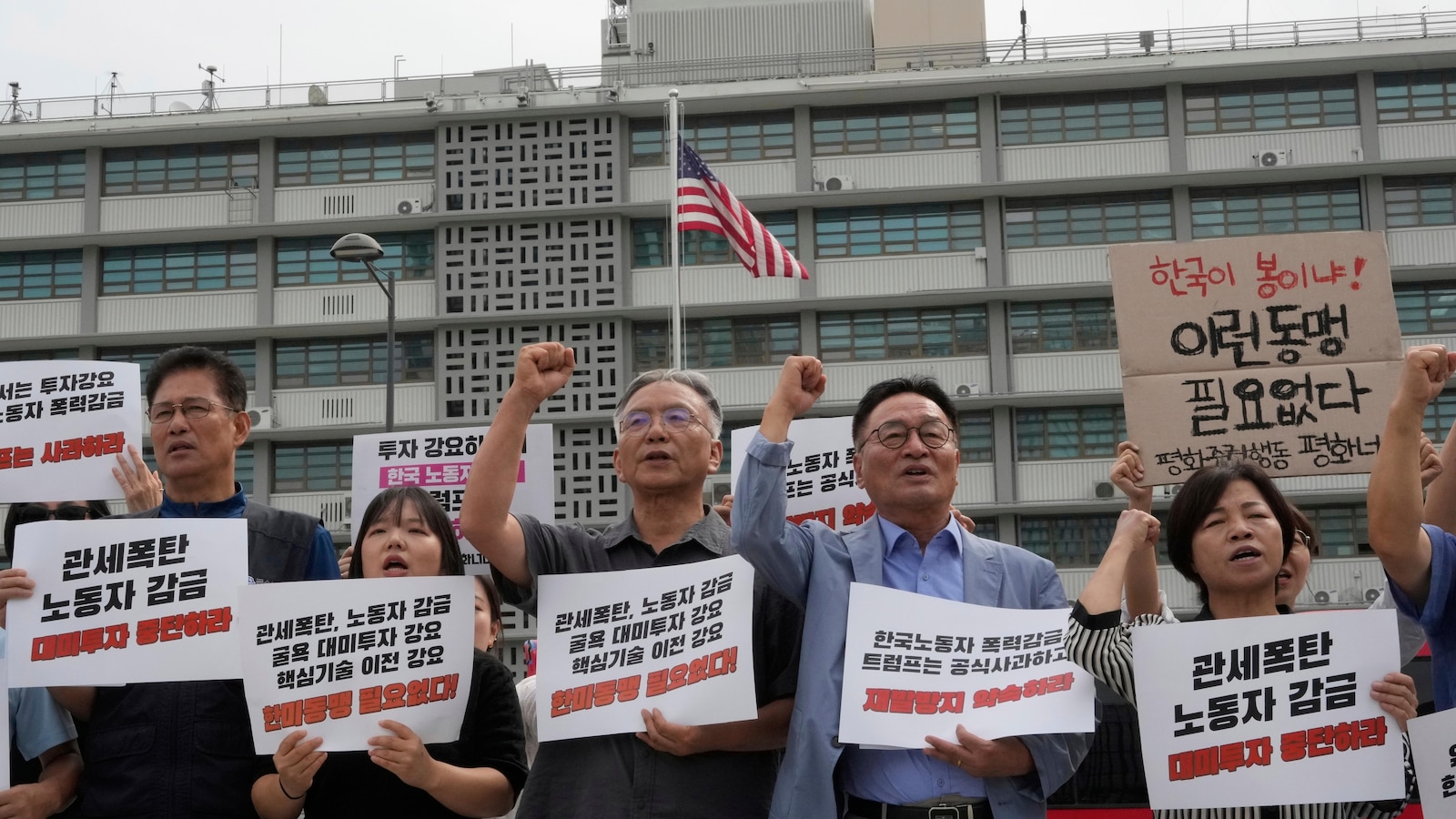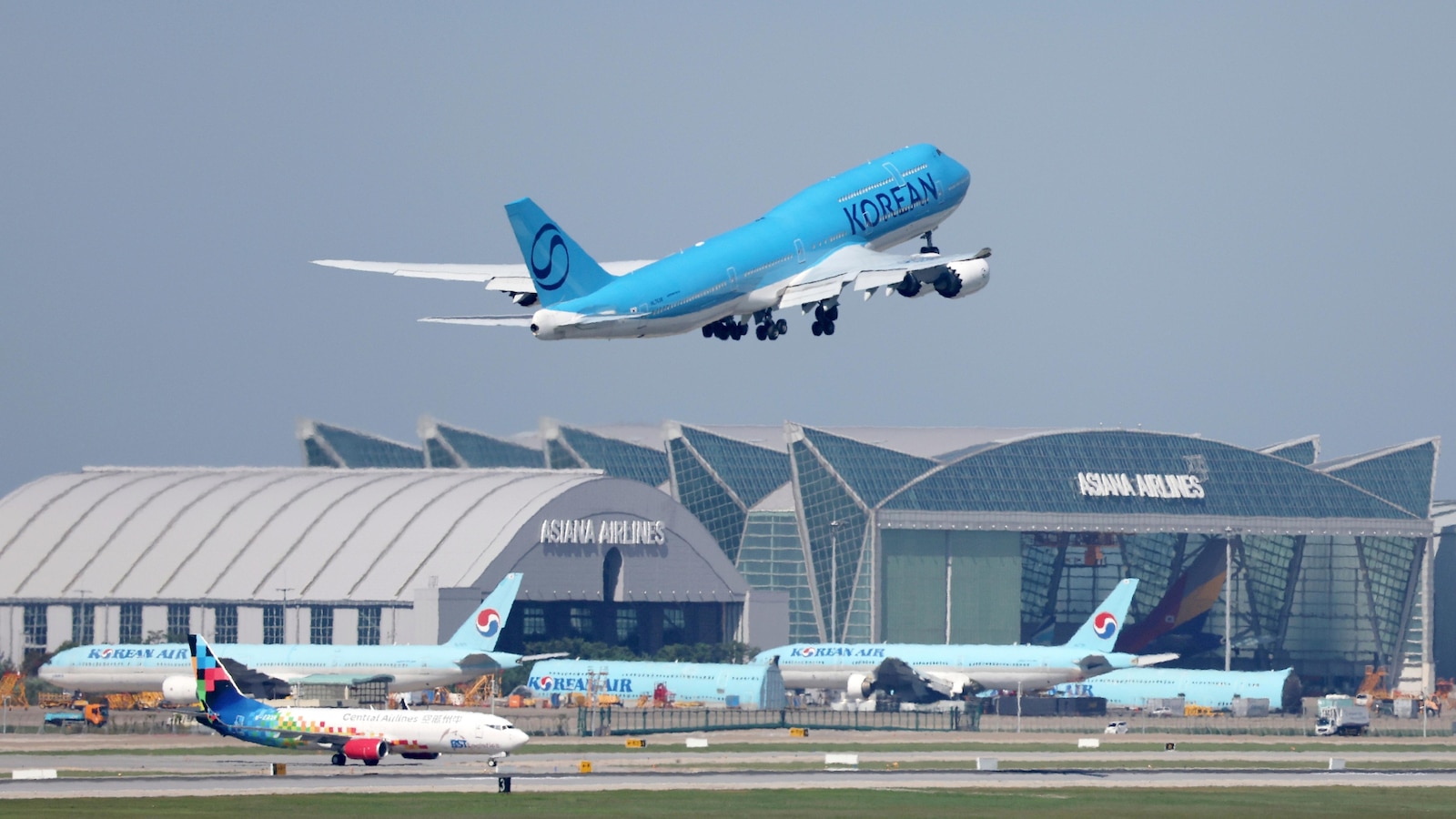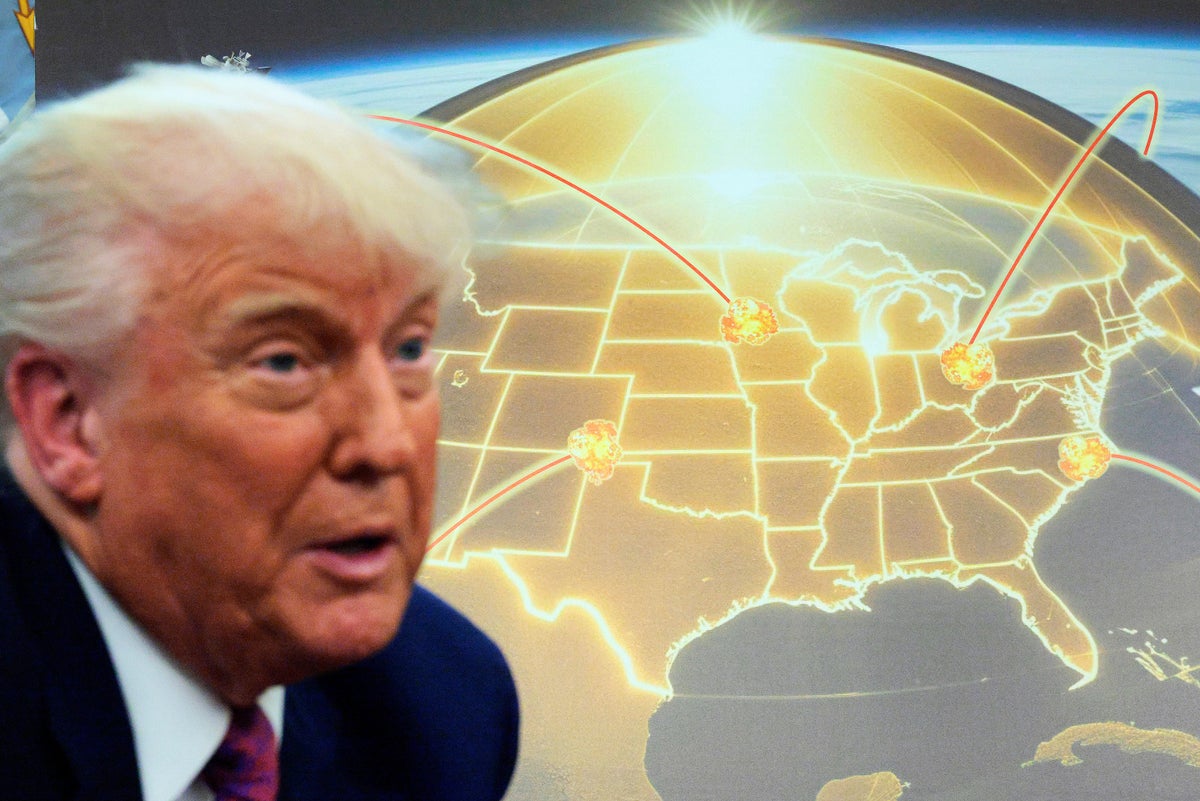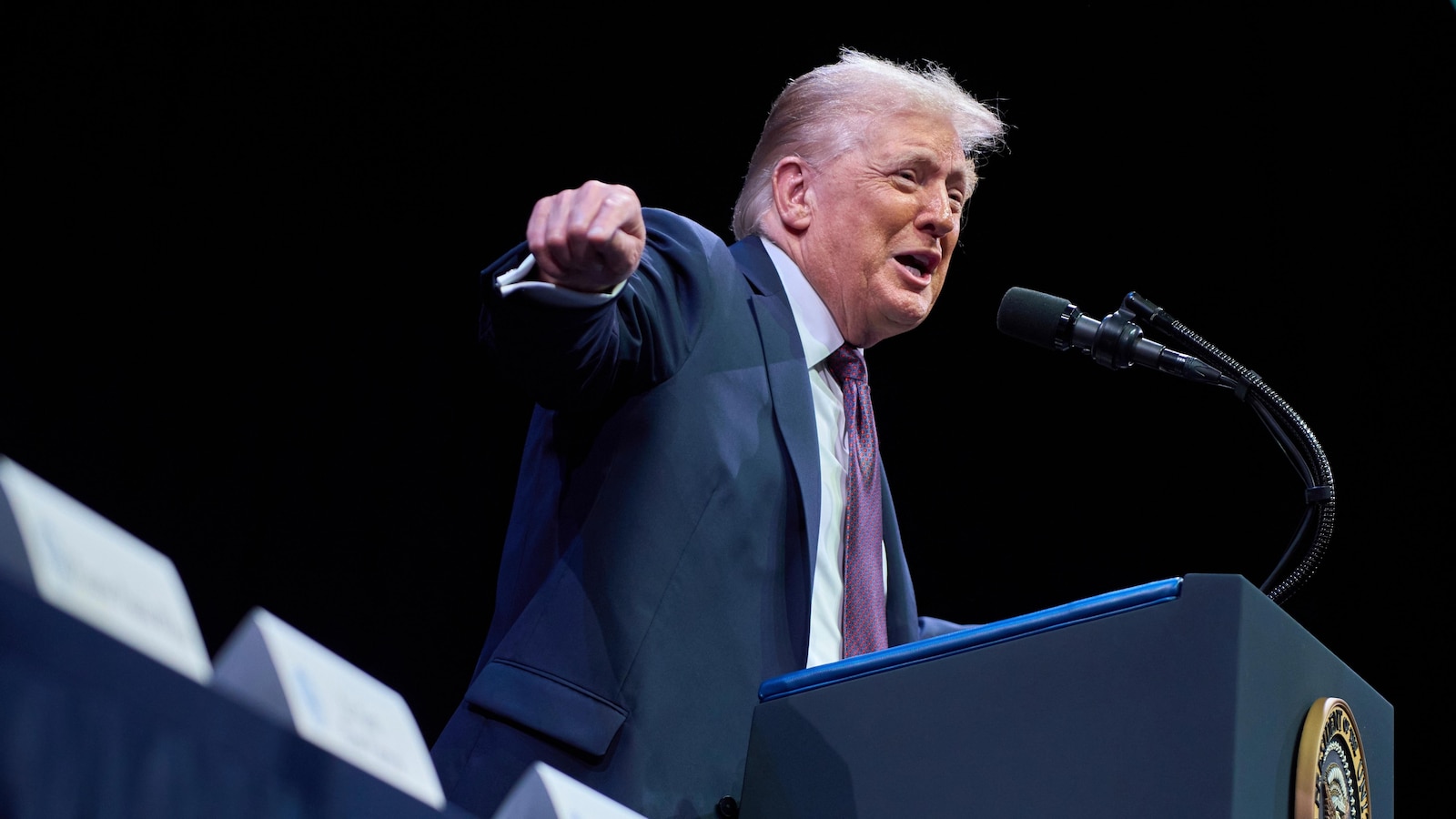In the intricate web of international relations, the United States finds itself at a pivotal crossroads, particularly in its efforts to confront the rising influence of China. As the geopolitical landscape shifts, it becomes increasingly evident that the support of key allies is essential for a robust counterbalance. However, recent actions and rhetoric from former President Trump have raised concerns among these vital partners, potentially jeopardizing the collaborative framework necessary to address the challenges posed by China.
The relationship between the U.S. and its allies has long been characterized by mutual trust and shared objectives. This alliance has been a cornerstone of American foreign policy, enabling the U.S. to project power and influence across the globe. Yet, Trump's approach has often been marked by unpredictability, leading to friction with allies who play a crucial role in the collective effort to manage China's assertiveness.
As China continues to expand its reach—both economically and militarily—the need for a united front has never been more pressing. Countries such as Japan, Australia, and members of the European Union are indispensable partners in this endeavor. Their strategic positioning and resources complement U.S. capabilities, creating a formidable alliance that can effectively counterbalance China's ambitions. However, the erosion of trust and the alienation of these allies could undermine this critical partnership.
Trump's foreign policy, often characterized by a transactional approach, has led to a reassessment of long-standing alliances. Statements that prioritize America First over collective security have left many allies questioning their place in the U.S. strategy. This shift raises significant concerns about the ability of the United States to rally its partners in a cohesive manner against a common adversary.
The implications of this rift are profound. Allies are not merely passive participants; they are active stakeholders in the pursuit of regional stability and security. The erosion of relationships can lead to a fragmented approach to countering China, diminishing the effectiveness of joint efforts. As allies grow wary of the U.S. commitment to shared goals, they may seek alternative partnerships, potentially aligning themselves more closely with China or pursuing independent strategies that do not align with U.S. interests.
Moreover, the global perception of American leadership is at stake. A cohesive and collaborative approach to countering China is not only a matter of military might but also one of diplomatic influence. When allies feel sidelined or undervalued, it can diminish the U.S.'s standing on the world stage. The ability to lead effectively in a multipolar world hinges on the strength of alliances built on mutual respect and shared interests.
To navigate these turbulent waters, it is imperative for U.S. leadership to recalibrate its approach. Emphasizing dialogue, collaboration, and shared objectives will be essential in rebuilding trust with allies. This involves not only acknowledging their concerns but also actively engaging them in the formulation of strategies to counter China's influence. By fostering a sense of ownership among allies, the U.S. can ensure a more unified and effective response to the challenges ahead.
In conclusion, the delicate balance of international relations requires a concerted effort to maintain and strengthen alliances. As the U.S. faces the formidable task of countering China's rise, the importance of its allies cannot be overstated. A collaborative, respectful approach will not only enhance the effectiveness of U.S. strategies but also reinforce the bonds that have historically underpinned global security. In this complex geopolitical landscape, the ability to unite with allies will be paramount in shaping a stable and secure future.


















































 English (US) ·
English (US) ·